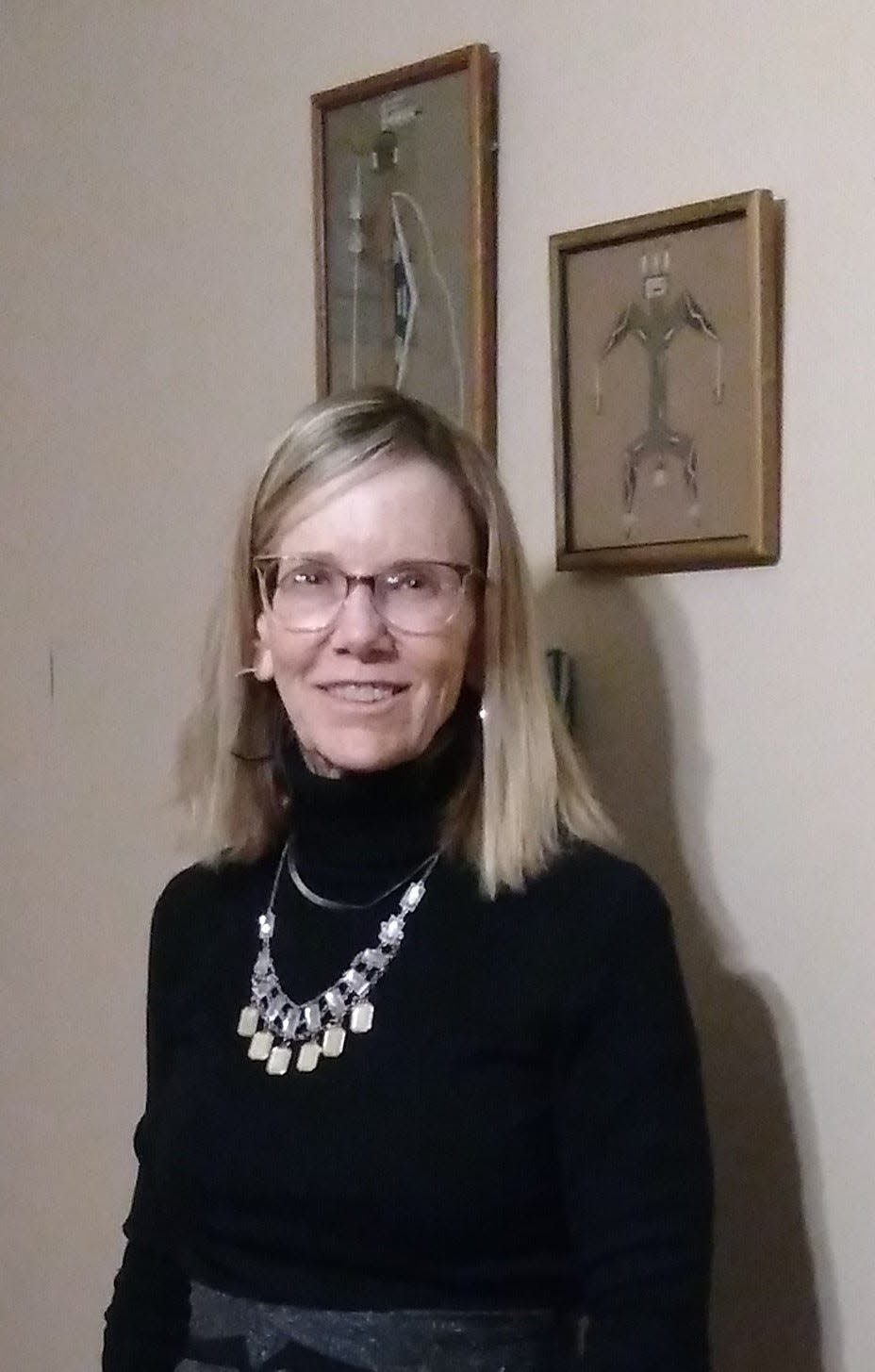Elise commentary: Growing older and perspectives, as seen by 'Miss Brill'
Many of us of a certain age remember Bette Davis’ remark that “old age ain’t no place for sissies.”
But how many of us experience something almost every day that reminds us of that fact?
I don’t remember how old I was when I became invisible to most people, but my husband and I both recall that at around age 50, we became less and less visible.
Not that either of us was the center of attention when we were younger, but there was definitely a shift we both felt as we aged.

Now that we are almost 20 years older, we are navigating new territory: we have to learn that what we think is friendly behavior and/or funny remarks can be ample opportunities for young folks to appear to question our reason for being around.
I am reminded about the excellent short story “Miss Brill” by Katherine Mansfield, published in the author’s 1922 collection of stories called The Garden Party.
In “Miss Brill,” the title character is a middle-aged unmarried English woman who lives alone in a small apartment in France. She teaches English to students and reads the paper to an elderly man a few times a week.
On Sundays, she loves to sit on a bench at the park, to eavesdrop on conversations and to talk to people.
Since the day the story takes place is chilly, Miss Brill decides to wear her fur stole, which was in high fashion in her time. She loves her stole and believes she looks sophisticated, desirable and approachable at the same time.
Things start to go wrong when she notices that the people on the benches beside her are “odd, silent and old.” She is appalled to see an “older woman” wearing a fur hat and an older man blowing smoke in the woman’s face.
Since she goes to the park each Sunday, Miss Brill is convinced that people would miss her if she was not there. In her mind, she plays a critical role in this important drama.
As she is reveling in that fantasy, a young couple, well-dressed and seemingly in love, sit within earshot of Miss Brill. She hears the young woman make fun of her beloved fur collar. Even worse, the young man comments: “Why does she come here at all; who wants her?”
I imagine any of us would feel crest-fallen if we heard such unkind comments, especially on days we are feeling good about ourselves and our role in the world.
Ms. Brill’s feelings are not outwardly revealed, but the story ends with her character foregoing her usual stop at the bakery on the way home and, instead, sitting silently in a dark room for a long time. She then takes off her beloved fur stole and places it back into its box, where she thinks she hears it crying.
Miss Brill herself has moved from feeling lively, happy and thrilled about a crisp day in the park, only to return to her “room like a cupboard.”
The story had a profound impact on me because of the huge difference between appearances and reality. Miss Brill does not realize that she herself is one of the “odd” people in the park, the same as the older woman wearing a fur hat. She believes she is different after all, isn’t she?
The reality to follow is nothing short of crushing. Miss Brill is just like the fur stole: she isn’t appealing; she isn’t young. Instead, she is out of fashion and can contribute nothing but cry as she puts the fur (and herself) away in a box.
What do we older folks do with this realization? Some people’s view of the world is that we are all fundamentally alone, and that we are cruel or at least indifferent to each other.
I don’t think that is the case. While aging can be a shock to the system for many of us, and we WILL have to adapt to a different way of being in the world, we always have love and we always possess the ability to find grace in most situations.
We need only to focus our thoughts on those whom we value and those who love us. We can remind ourselves that being kind is a choice people of any age can make each day.
We might also turn to Romans 8:12-25 to recall Paul’s letter in which he writes, in part, “But if we hope for what we do not see, we wait for it with patience.”
There is no need to put ourselves away in a closet just because we aren’t as shiny as Miss Brill’s fur stole was when she first purchased it. We can emerge each morning, thrilled that we have a chance to make a positive difference to at least one life that day. We can be patient and hope.
This article originally appeared on Amarillo Globe-News: Elise commentary: How did we get here?

